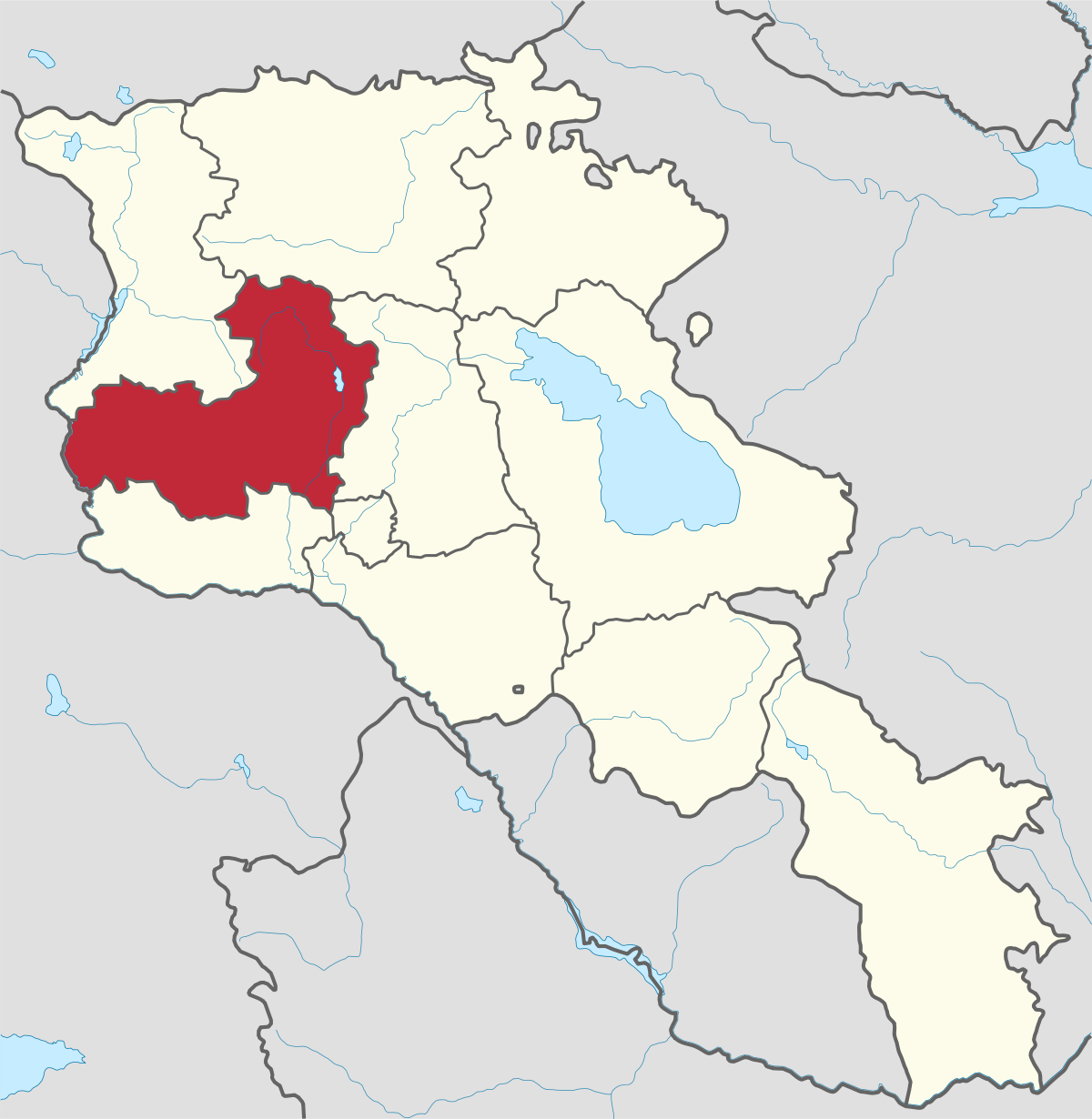
Aragatsotn Region
Aragatsotn is named after the massive mountain (4095m / 13,435 ft.) that hovers over the northern reaches of Armenia. This region is one of the...
Karahunj ancient observatory
Karahunj (also “Zorats Karer”) is located near to Sisian City, a collection of standing stones huddled like soldiers on a wind-blown hill. All of them are made of basalt. Each is between a half a meter to 3 meters tall, their bases are up to one and a half meters wide, and they weigh up to ten tons each.
Ancient astronomical observatory
The 204 stones have been ascribed with mystical, fertility and cosmic powers. The site is considered by many to be an ancient astronomical observatory, while it also includes over a hundred Bronze Age tumulus graves, with one rich grave in the center of the observatory. The stones, many with eyeholes carefully carved at their top ends, challenge the very dating of early astronomy. If proven true, a current controversial dating of the stones (5000 BCE) mean they predate England's Stonehenge; and they confirm what some people already believe: that Armenia is the birthplace of the zodiac.
Some astronomers are sure the site is an astronomical instrument. And the site was used to plot sunrises, moon phases, and even more incredible, the first calendar. This is not so far-fetched. To plot the sky, you have to have an idea of time. These stones—many of which look to the azimuths, were used at specific times of the year to chart solar and lunar phases. Those with eye-holes point exactly to the point where they occur at exact times of the year.
However some archeologists are unsure of these claims, focusing on the Bronze Age artifacts found at the gravesites.
A bird's-eye view of the site is impressive. The complex is centered by around 39 stones in the configuration of an egg, with its main axis stretching 43 meters East to West, and 37 meters from North to South.
Armenian Stonehenge
"The word 'Karahundj' is a complex word, made up of 'Kara' (from stone) and 'hundj', which could be translated literally into stone-henge (Armenian and English are both Indo-European languages with many of the same word roots). However, the words “hunj” and “henge” have no known root meaning, and no modern equivalent.

Aragatsotn is named after the massive mountain (4095m / 13,435 ft.) that hovers over the northern reaches of Armenia. This region is one of the...
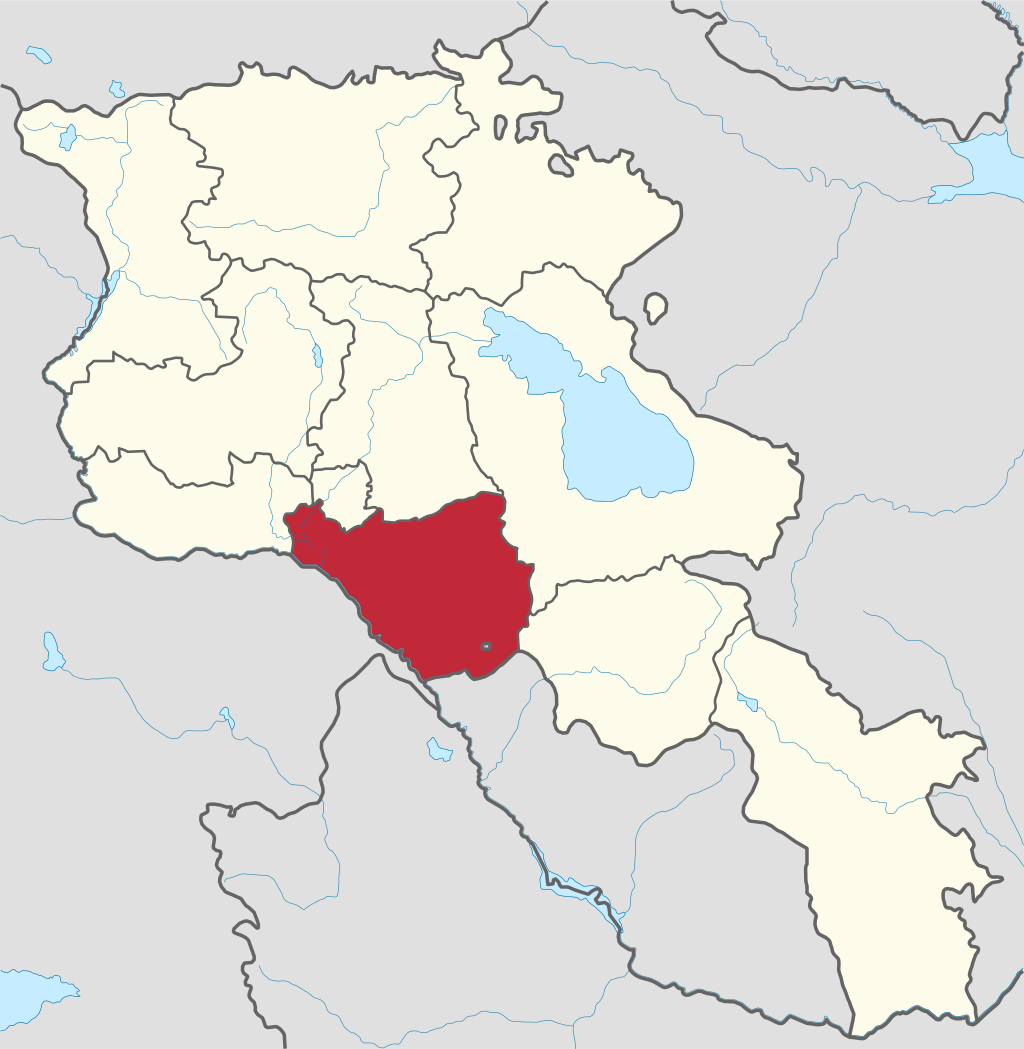
Ararat region is named after the biblical Mount Ararat which is mentioned in the Bible as a place where Noah’s ark has landed after the Great...
.png)
Armavir Region - Because of its Christian history the region is most famous for locals and Diaspora Armenians, who make pilgrimages to Armenia to...
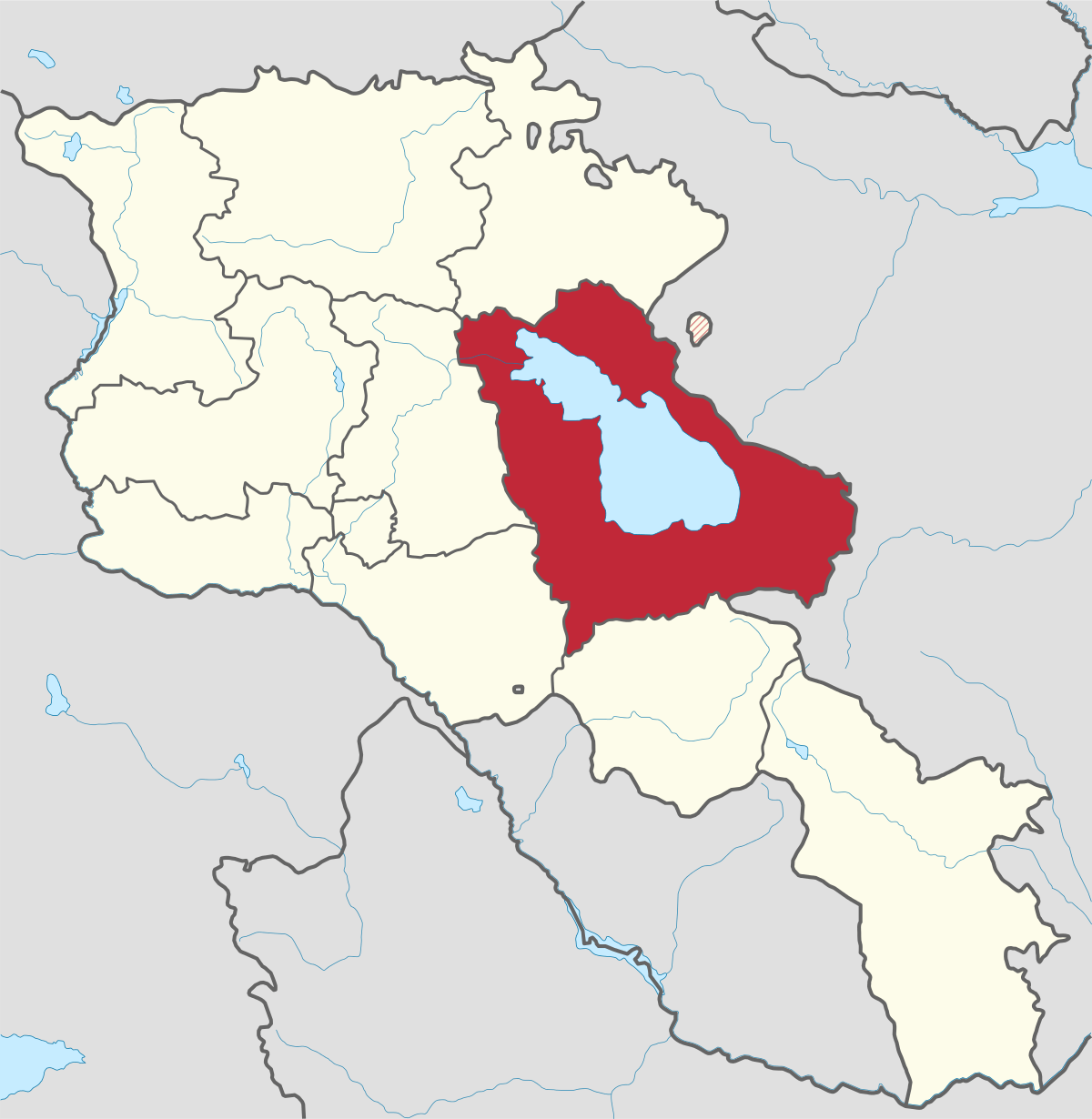
Gegharkunik ist die größte Region Armeniens, die an Aserbaidschan und die Shahumyan-Region der Republik Berg-Karabach grenzt. Ein Viertel der...
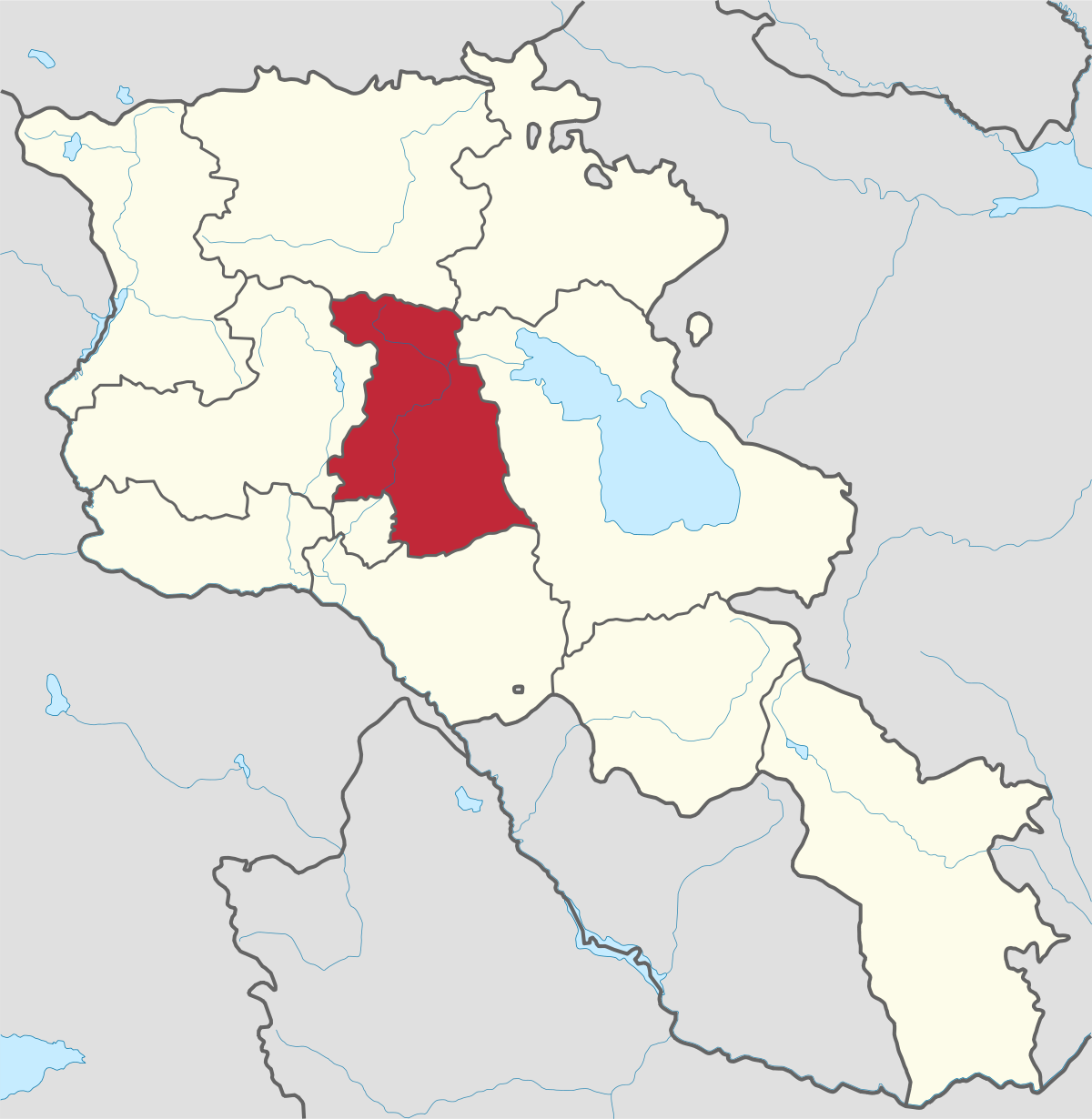
Kotayk region is located at the central part of the country and is home to many must-see sites in Armenia including the pagan Temple of Garni...
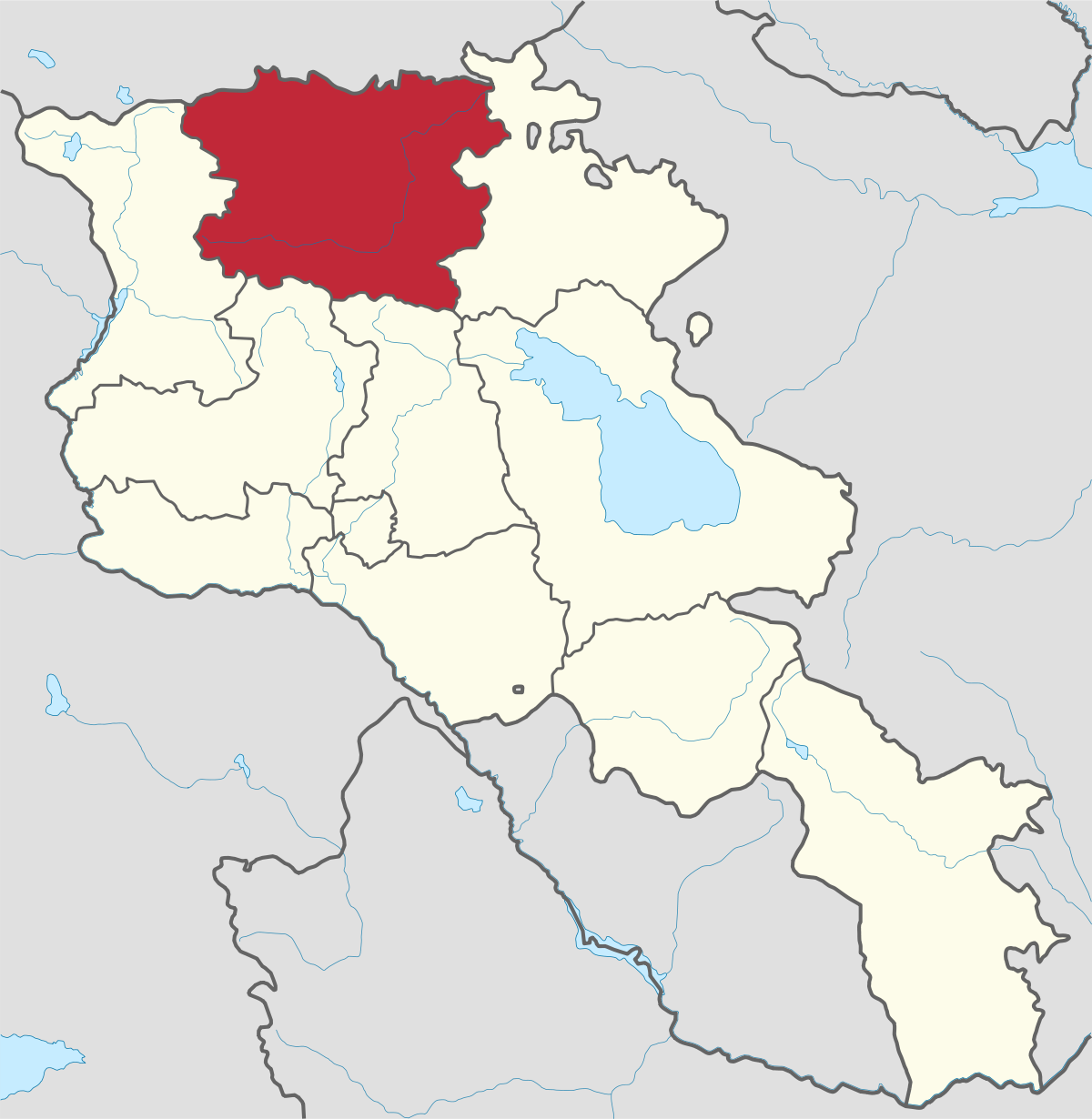
Lori region is in the northern part of Armenia, bordering on Georgia. It is considered Armenia’s greenest area, with more native forest land than...
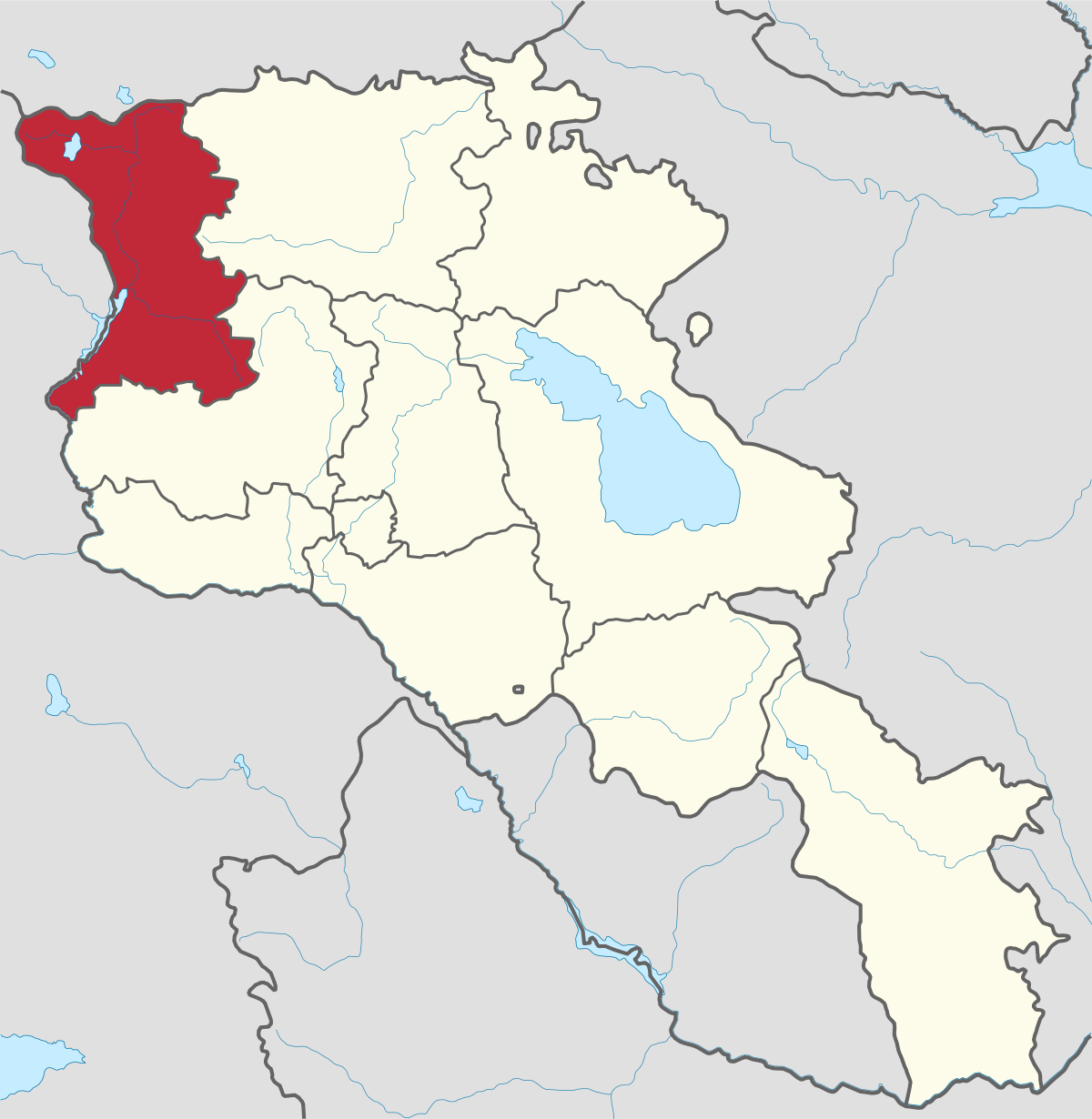
Shirak region lies in the north-west of Armenia. It borders with Georgia and Turkey. Shirak region is mainly dominated by the Ashotsk Plateau and...
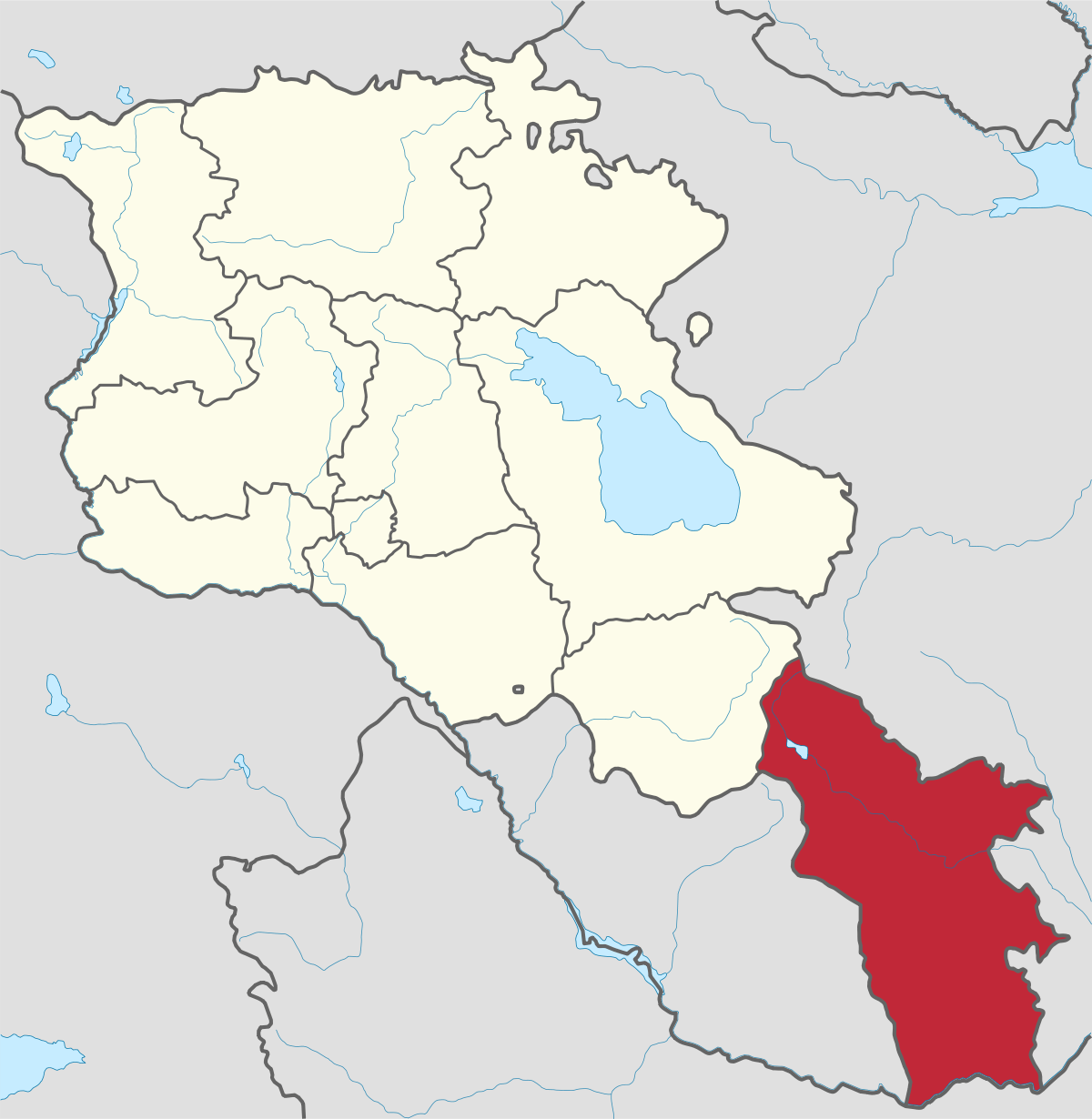
Syunik region- It is in the southern part of Armenia, bordering by Azerbaijan's Nakhchivan Autonomous Republic exclave, the de facto independent...
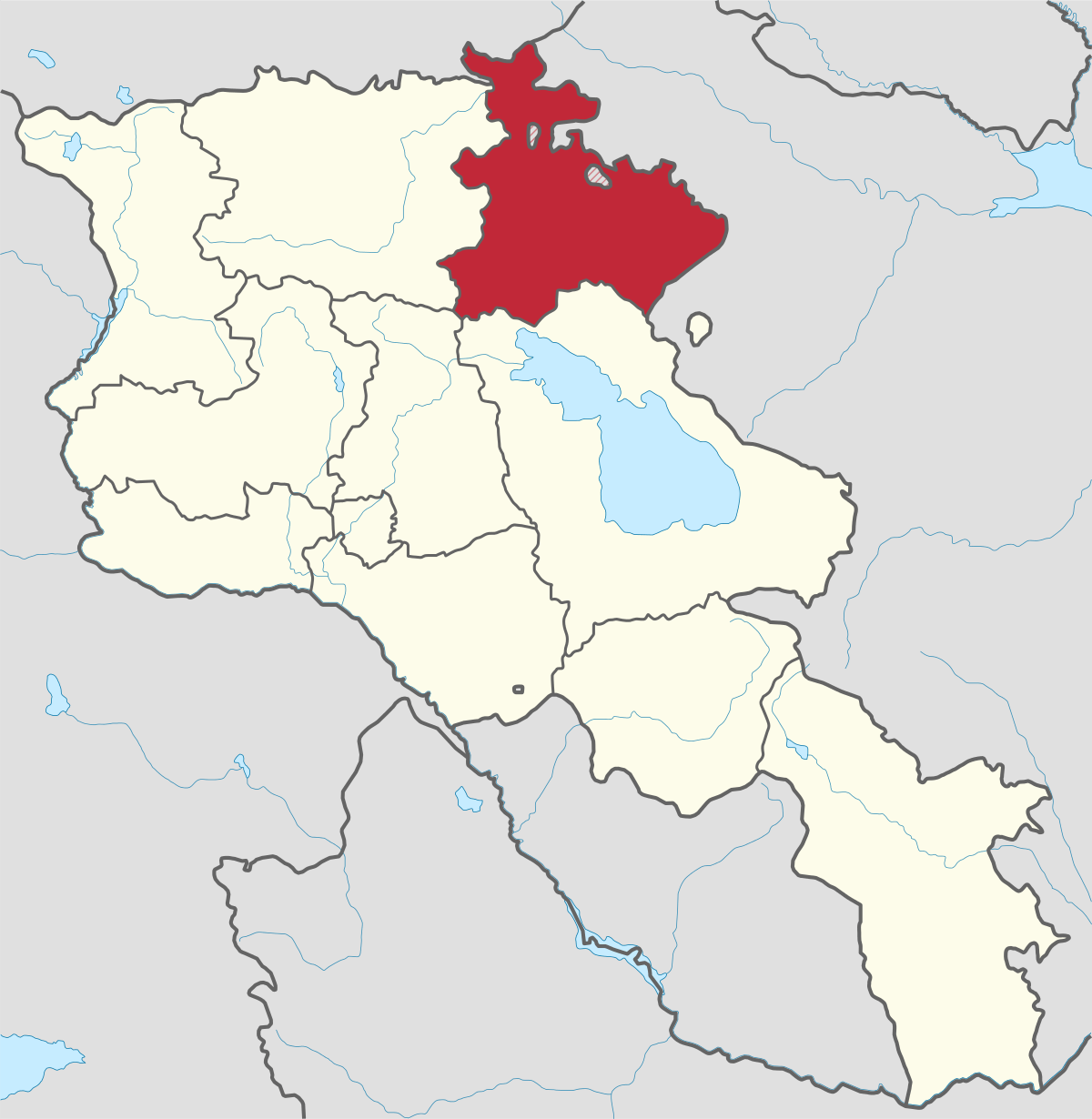
Tavush region lies in the Northeast of Armenia, bordering by Georgia and Azerbaijan. The territory is mainly mountainous and rocky hillsides...
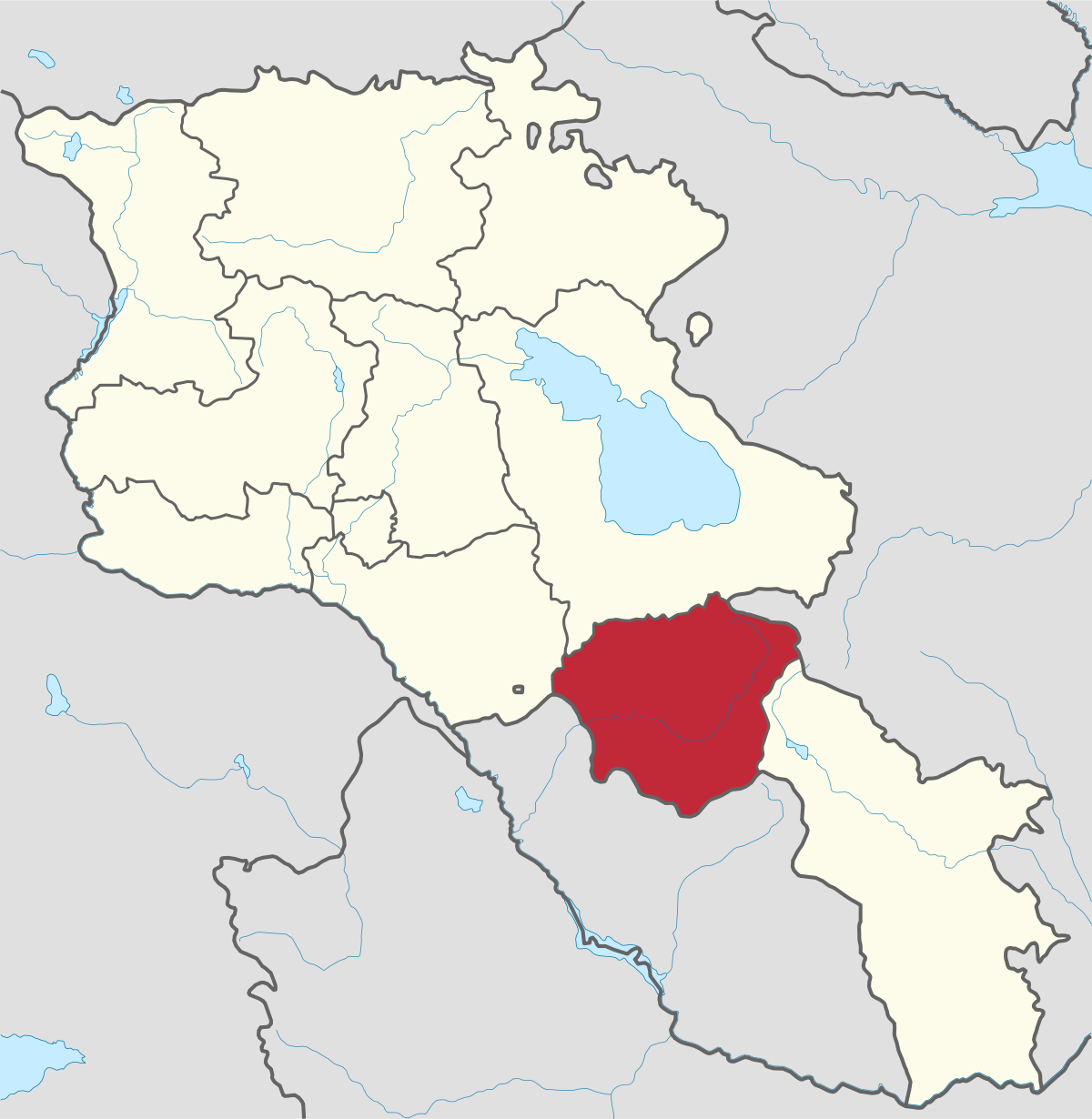
Vayots Dzor region is mainly a mountainous region at the southeastern end of the country, known with Jermuk Waterfall, Areni cave, Smbataberd...
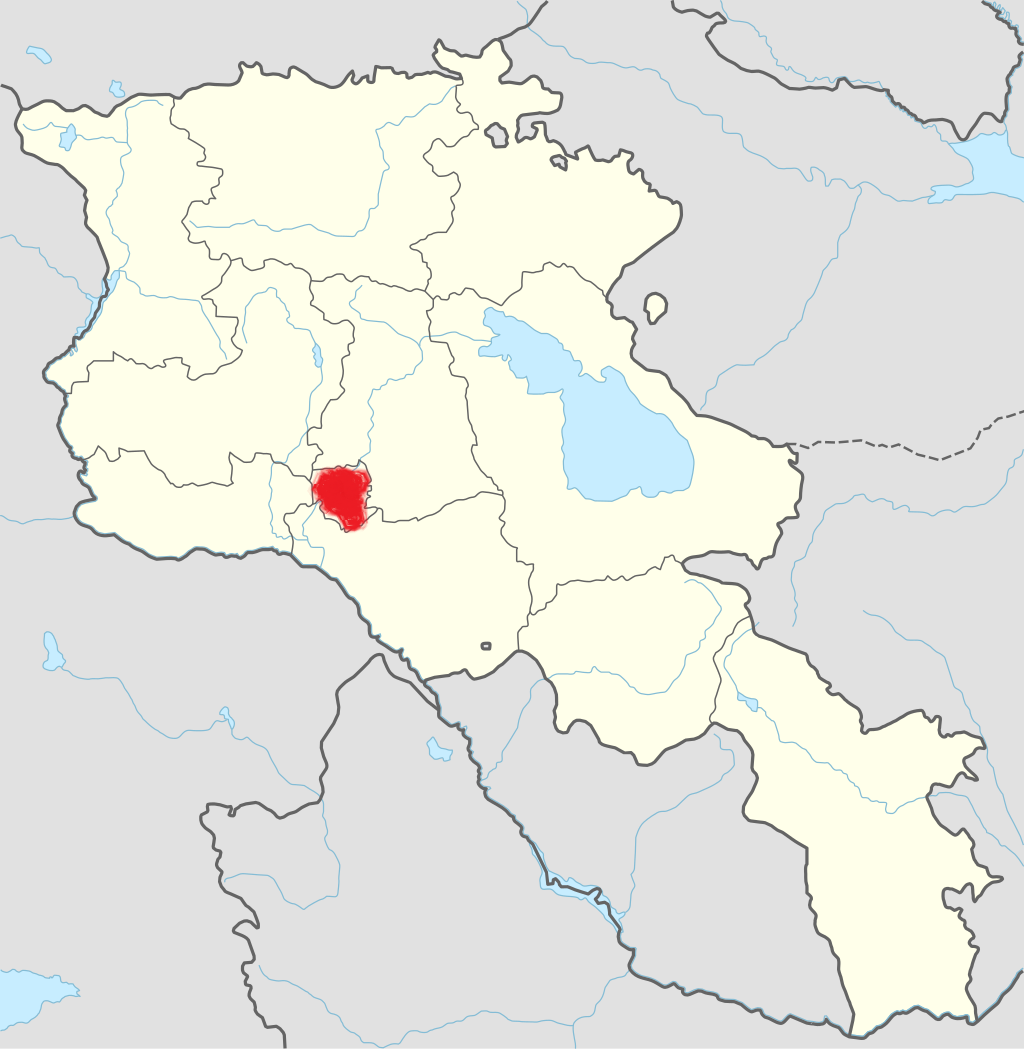
Yerevan city – 2800 years old. Yerevan is the capital of the Republic of Armenia with more than 1 million people. It is an amazing city with view...
800
149
1476
32